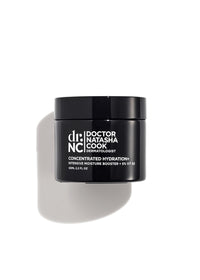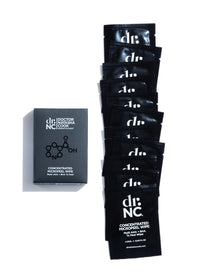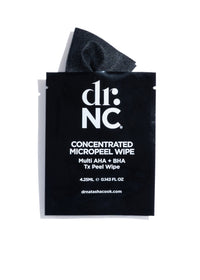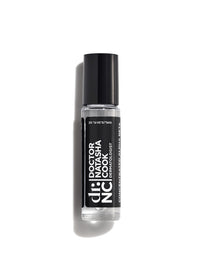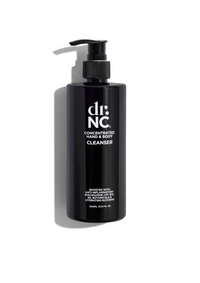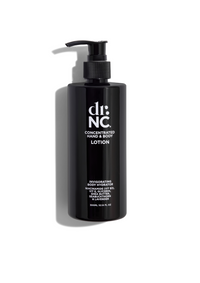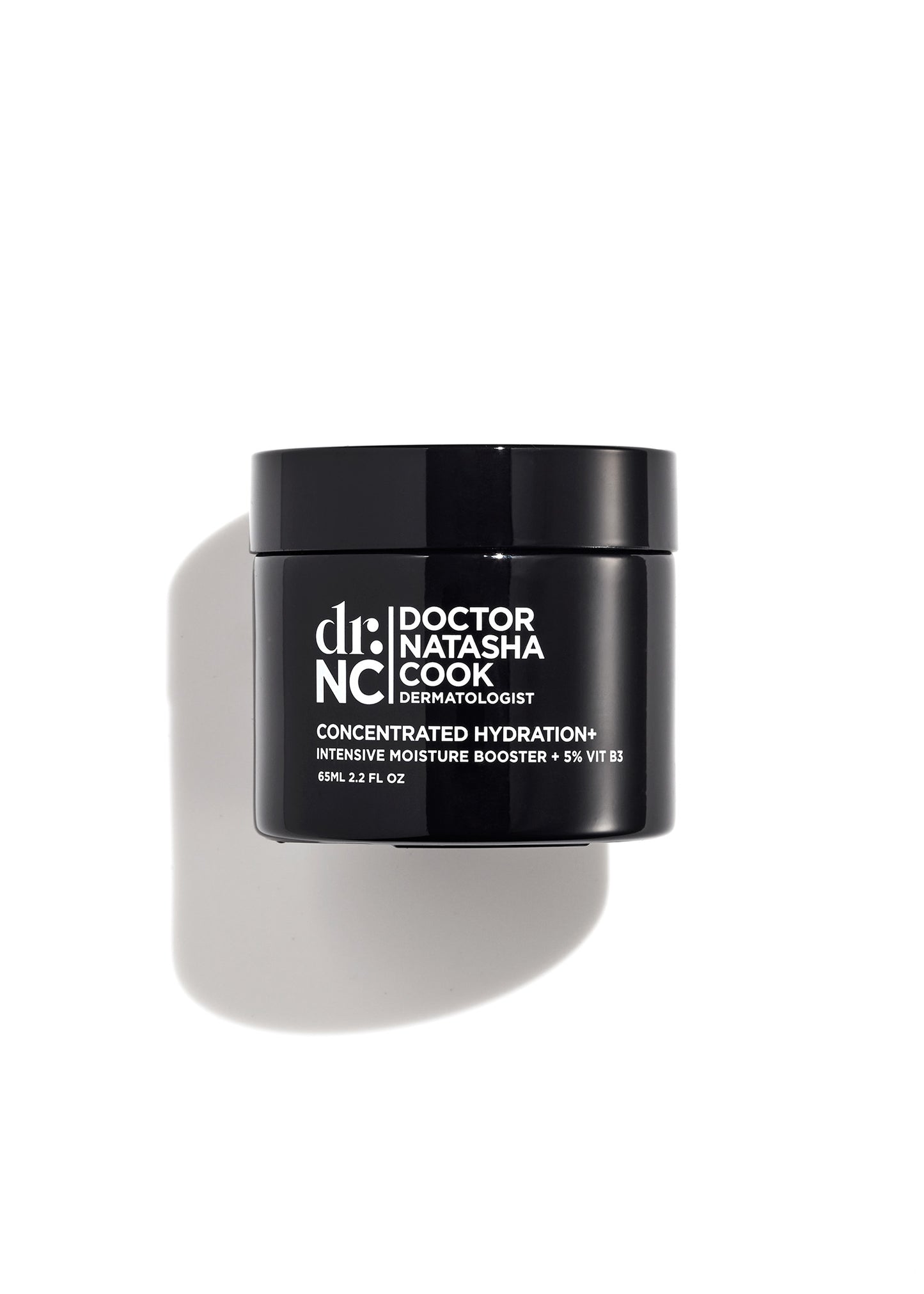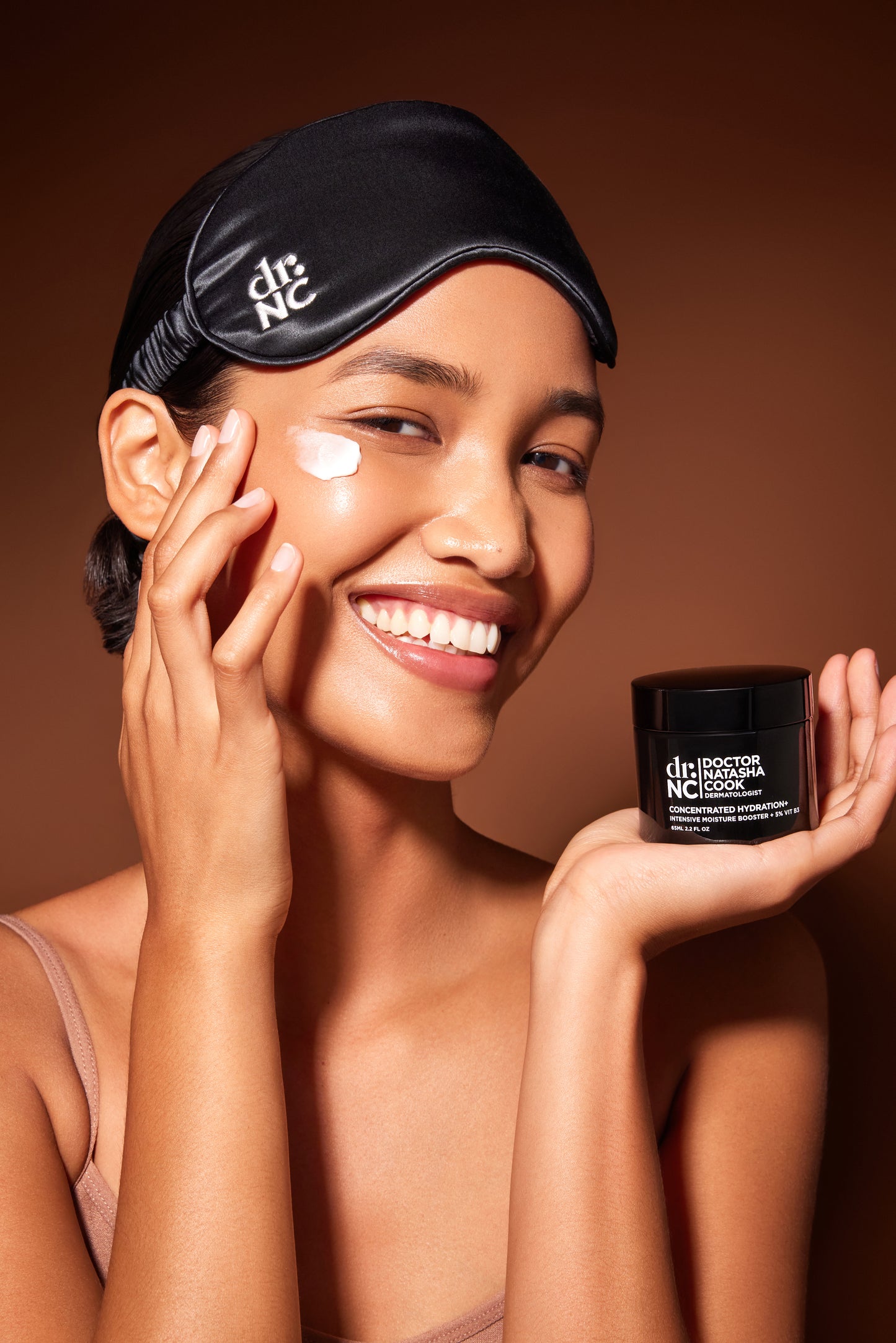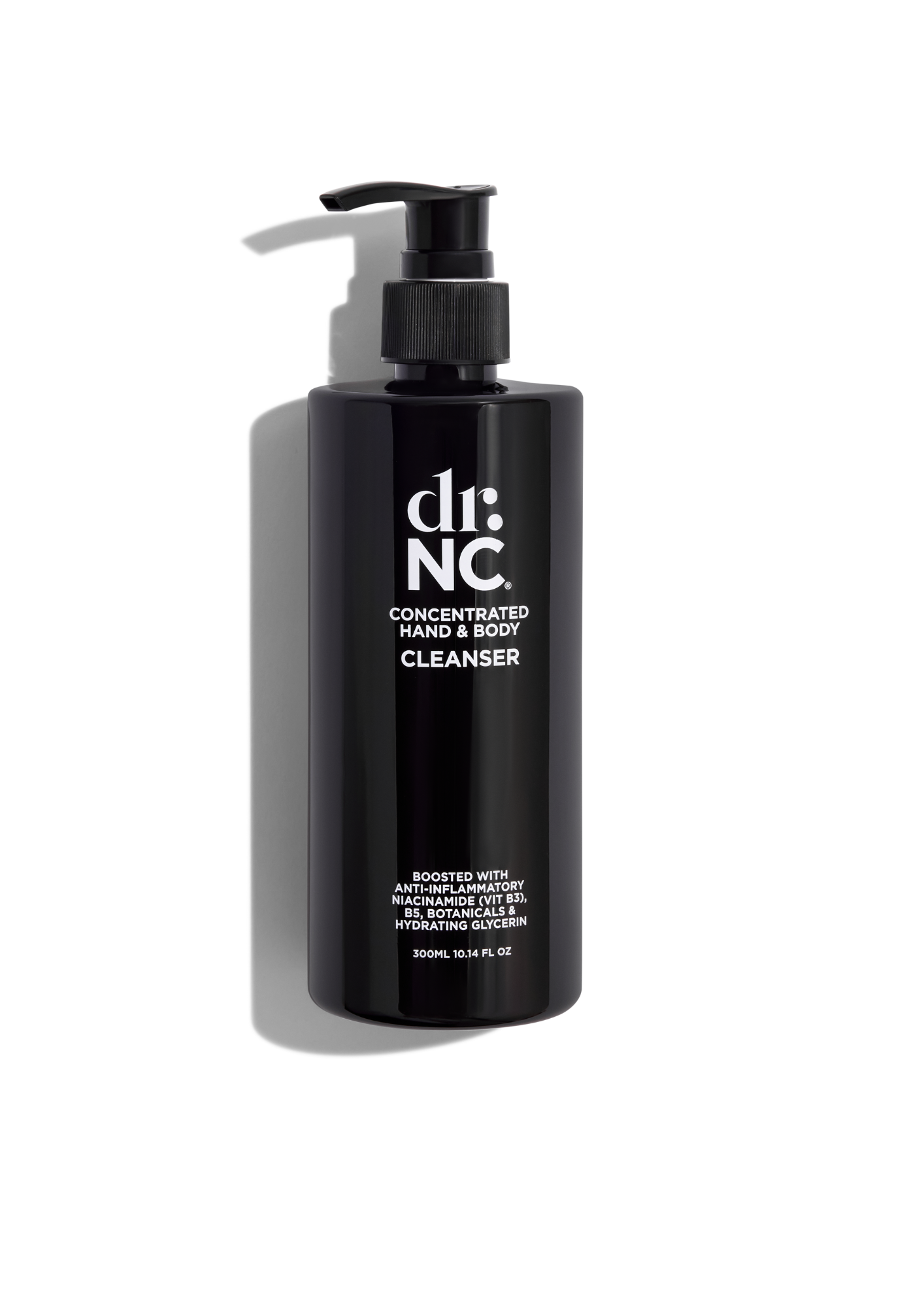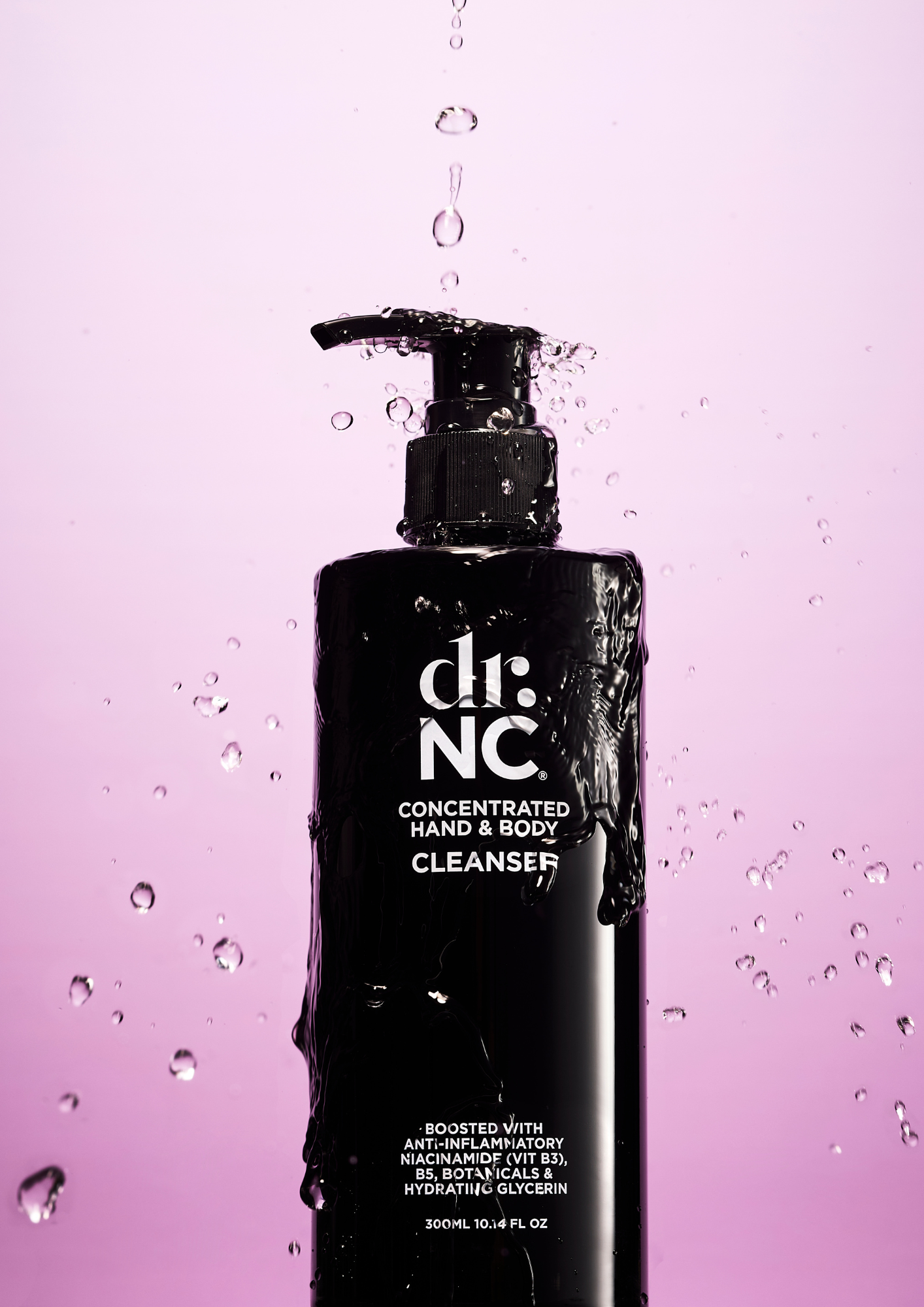
DR COOK EXPLAINS HOW TO WINTER-PROOF YOUR SKIN AGAINST COOLER TEMPERATURES, DRYING WINDS AND LOW HUMIDITY LEVELS.
While I’m not a big believer in skin types, your ‘type’ can change at different times due to a range of factors to which skin responds, a significant one being weather and a change in season. In the cooler, Winter months, your skin can be impacted with moisture loss from a significant dip in temperature and humidity levels, drying winds and overheating from air-conditioned environments at home, in the office and in your car.
For glowing, Winter skin I recommend the following:
AVOID SOAP & FOAMING CLEANSERS
Foaming agents (also known as surfactants) and soap can strip your skin of its natural oils, causing dryness and inflammation. I’m not a fan of either at any time but especially not during Winter. Instead, make sure your cleanser is soap-free, non-foaming and has anti-inflammatory ingredients (like Vitamin B3 and Chamomile) and soothing hydrating botanicals (like Glycerin, Shea Butter and Aloe Vera) to protect against environmental damage.
CHOOSE A MORE NOURISHING MOISTURISER
Lower humidity in the atmosphere means drier skin. Try a more enriched, nourishing moisturiser in Winter to combat the drier air and heated environments. Key ingredients to look for when choosing a moisturiser are: moisture binders (also known as humectants) to attract moisture to the skin (like Glycerin and Hyaluronic Acid). Keeping moisture in your skin for as long as possible with moisture-retaining occlusives (like Shea Butter) will keep your skin calm, comfortable and hydrated. I’m also a fan of medical-grade Lanolin as it’s the closest thing to the skin’s natural oils, Coconut Oil Extract (which contains skin-smoothing cocoglycerides) and, of course, Vitamin B3 as it stimulates the production of ceramides which are an essential moisturiser found naturally in the skin. Apply your moisturiser twice daily, or as often as your skin needs, and don’t forget to use it around the eye area; there’s no need for a dedicated eye cream.
ENRICH YOUR SKIN WITH ANTIOXIDANT VITAMINS
If your skin is feeling dry and sensitive, a concentrated antioxidant serum applied before your moisturiser will help boost its effects but more importantly, reduce the inflammation that can be caused by cool winds and overheating. Vitamin B3 is a proven multi-tasker that helps to strengthen the epidermal barrier layer, boost your natural ceramide levels to help keep skin hydrated from within and is the single best anti-inflammatory ingredient found in skincare today. It’s especially important for those who suffer with rosacea which can become so inflamed during the Winter season. Your skin can never get enough Vitamin B3 which is why I recommend a concentrated serum layered under your moisturiser.
DON’T FORGET TO NURTURE YOUR BODY
We tend to spend more time and money on the relatively small amount of skin on our face and neck than we do on the much larger stretch of skin on our body. Yet Winter can also impact the body and make skin feel tight, itchy and dry as a result of cold conditions, layers of clothing and overheated environments. Avoid skin-stripping soaps and foaming body washes for a hydrating formula with lipid-rich botanical oils (like Olive, Macadamia and Seabuckthorn) and antioxidants (Vitamin E and B3) to calm and soothe. Steer clear of physical exfoliants and body scrubs which are not only bad for the environment and marine life but can be extremely abrasive on the skin’s barrier layer. If you want to exfoliate your skin, look for chemical exfoliants like AHAs (my favourite: exfoliating, cell-renewing and hydrating Lactic Acid) and BHAs (like Salicylic Acid) in your body products. Hydrating the skin on your body will help soften, smooth and boost resilience; apply a hydrating body lotion, or if your skin is feeling extremely parched, a body butter over damp skin after your shower or bath to lock in that all-important moisture.
SPF IS NOT JUST FOR SUMMER
UV exposure is a 365-day concern. In fact, we can expose our skin to even more incidental UV exposure in Winter as a comfortable temperature and a lower UV index means we can end up spending more time outdoors than we might in hot conditions and we don’t feel those same warning signs of direct heat and that burning sensation. I prefer physical UV blockers like Zinc and Titanium Dioxide and like formulations that are boosted with anti-inflammatories (cue Vitamin B3) to fight free-radical damage and pollution. Always apply your sunscreen after your serum and moisturiser and reapply every two hours if you are outdoors —and don’t forget your neck, chest (if exposed) and hands, especially when driving.


